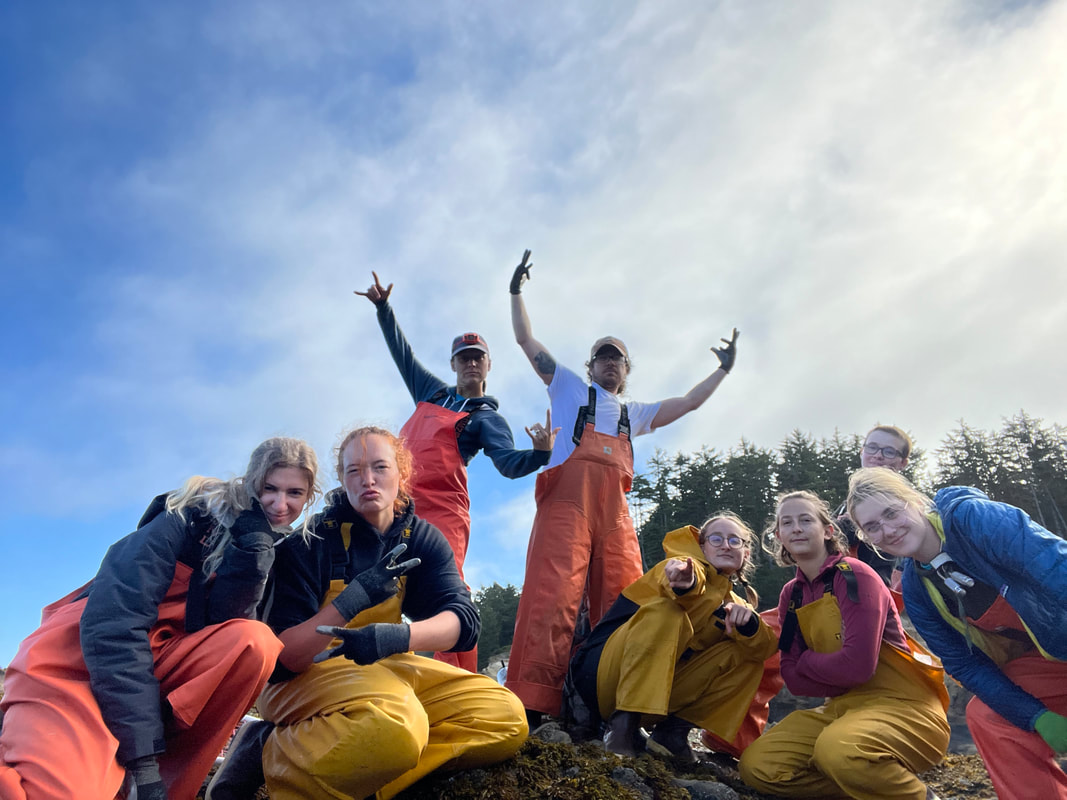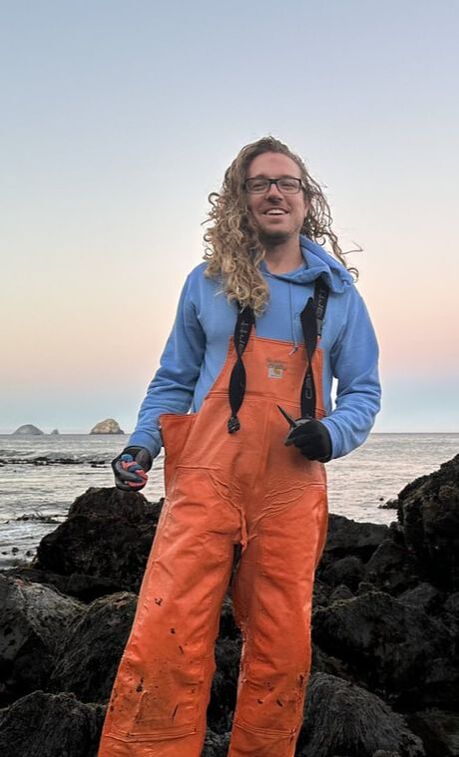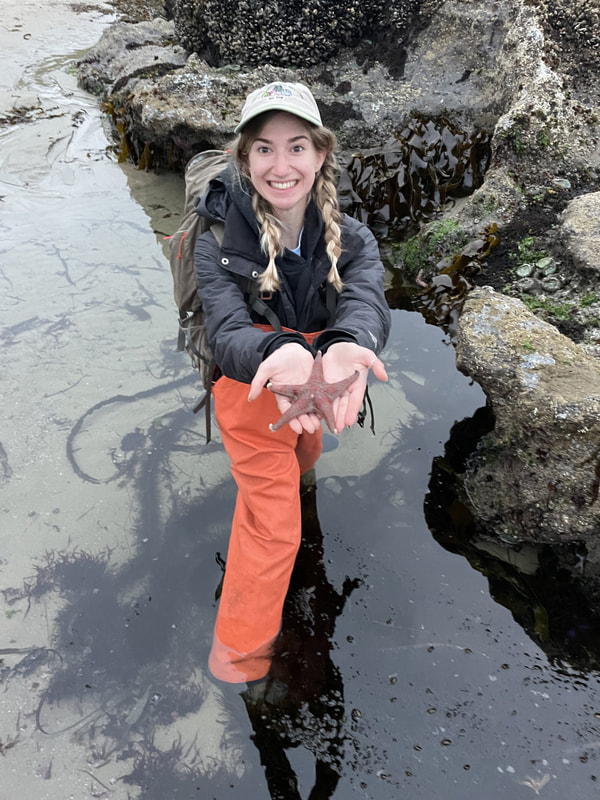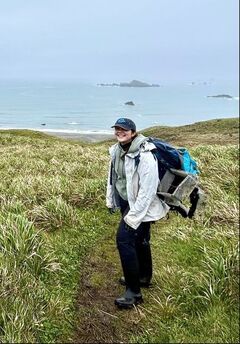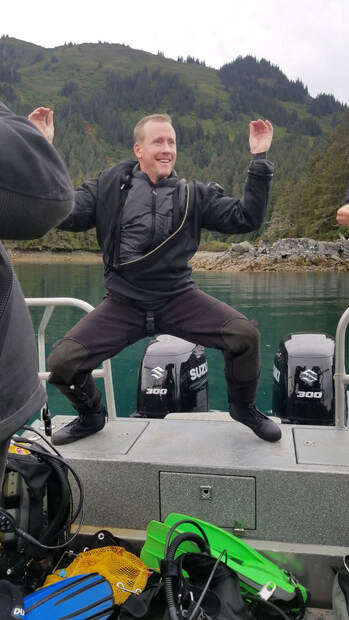JOHN DICKENS (he/they)
|
BRENNA ROTHMAN (SHE/HER)
|
SAILOR BENITEZ (she/her)
I am a seasonal research technician for the Lubchenco-Menge Lab. I graduated from Oregon State University with a Bachelor of Science in Environmental Science with an option in Conservation, Resources, and Sustainability. I first got involved with the lab my junior year of undergrad when my interest in marine studies grew and I wanted to gain more knowledge and fieldwork experience in marine and intertidal ecosystems. During my senior year of undergrad I studied abroad through the School of International Training in Australia where I gained the bulk of my fieldwork experience; studying the rainforest, Great Barrier Reef, and cultural ecology. After I graduated from my undergrad I entered into this position as a seasonal research technician where I am part of the ONSHORE team where I assist with installing and monitoring long-term research projects and help with lab responsibilities outside of the field.
The Lubchenco-Menge Lab is a great environment to become more educated in marine studies while having fun! For questions about volunteering in the lab or fieldwork email me at benitezs@oregonstate.edu. |
Brandon Russell
|
